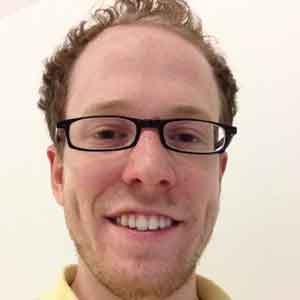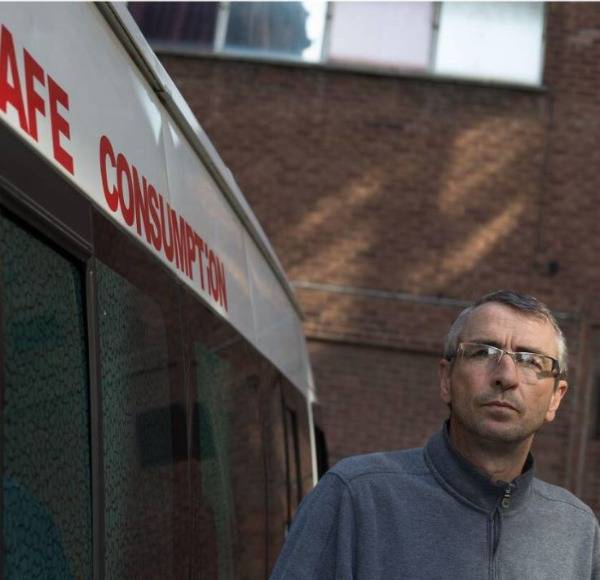
There is nothing more liberating than simply being yourself. There is probably also nothing harder. For many across the UK struggling to leave their family's religion, this is exactly the challenge they face everyday. I know – I was one of them.
Raised Catholic in Northern Ireland, religion was never sold to me as a matter of conscience, it was a matter of identity. To lose my faith would be to lose a part of myself. So when I started to doubt my faith as a teenager and later again as a student, I tried to sweep my doubts under the carpet, embarrassed that someone might see what seemed to me a failure to believe. All I had ever known was Catholicism and I had learnt to view atheism through Catholic eyes. To be atheist, I believed, was to lose hope, to lose morality and to lose purpose. At first the realisation that I did not believe the religion of my parents was far from liberating, it felt like an illness.
So I sought a cure for my atheism. I became heavily involved in Catholic groups, attending mass twice a week and going abroad on pilgrimage. I focussed on the parts of my religion I did believe in, such as charity, and told myself that belief in the rest would surely come. I remember being on retreat, aged 19, with the intention of finally deciding that I believed in God. Looking back, it does seem incredible that I would head to the countryside with a religious group with the intention of believing in a God I wasn't sure existed. I spent the weekend reading non-stop through Catholic apologetics but yet again I could only agree with the call to be a moral person and even then felt things weren't as black and white as they were presented to me. Eventually I realised that to believe would require not a book but a leap of faith. To simply, blindly, accept what the Church said to be true. I had to believe.
But I couldn't. I couldn't because I didn't. Catholicism went against my beliefs, it went against who I was and in truth I wasn't a Catholic. This realisation was not the liberation it is for some, it was a grim acceptance. But through chance, I heard of humanism. Actually, I heard about it through a priest who was criticising it. "They arrogantly wish to live good lives without God". That sounded perfect.
It has taken three years from then to get to the stage now where I feel truly comfortable and free in not just my atheism but more importantly in my humanism, my belief in good without God. This is why I am so excited by the Apostasy Project. I know how difficult it can be to accept a loss of faith but I also know what it's like on the other side, to be "out" and fully yourself. I wish I could have had access to something like this as a teenager and my hope for readers is that they might be spared some of the struggle I went through. Whatever happens, I hope I can help.

